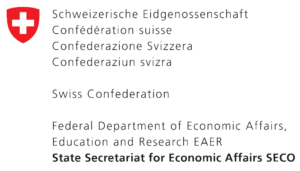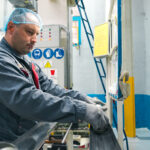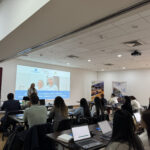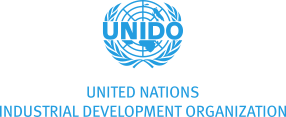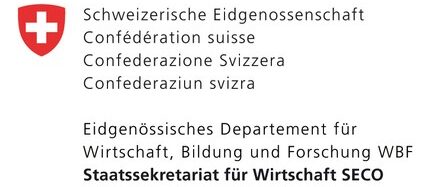Since 1994, UNIDO has been partnering with developing countries and economies in transition to increase the competitiveness and productive capacity of industry, specifically Small and Medium-sized Enterprises (SMEs), through the implementation of Cleaner Production (CP) and the application, adaptation, and diffusion of Environmentally Sound Technologies (ESTs).
The Swiss State Secretariat of Economic Affairs (SECO) has supported these efforts substantially for over 20 years. During this time, the program has moved from early cleaner production approaches to more comprehensive Resource Efficiency and Cleaner Production (RECP). Along the way, the programme helped strengthen at least fifty-eight (58) National Cleaner Production Centres (NCPC) in fifty-five (55) countries.

